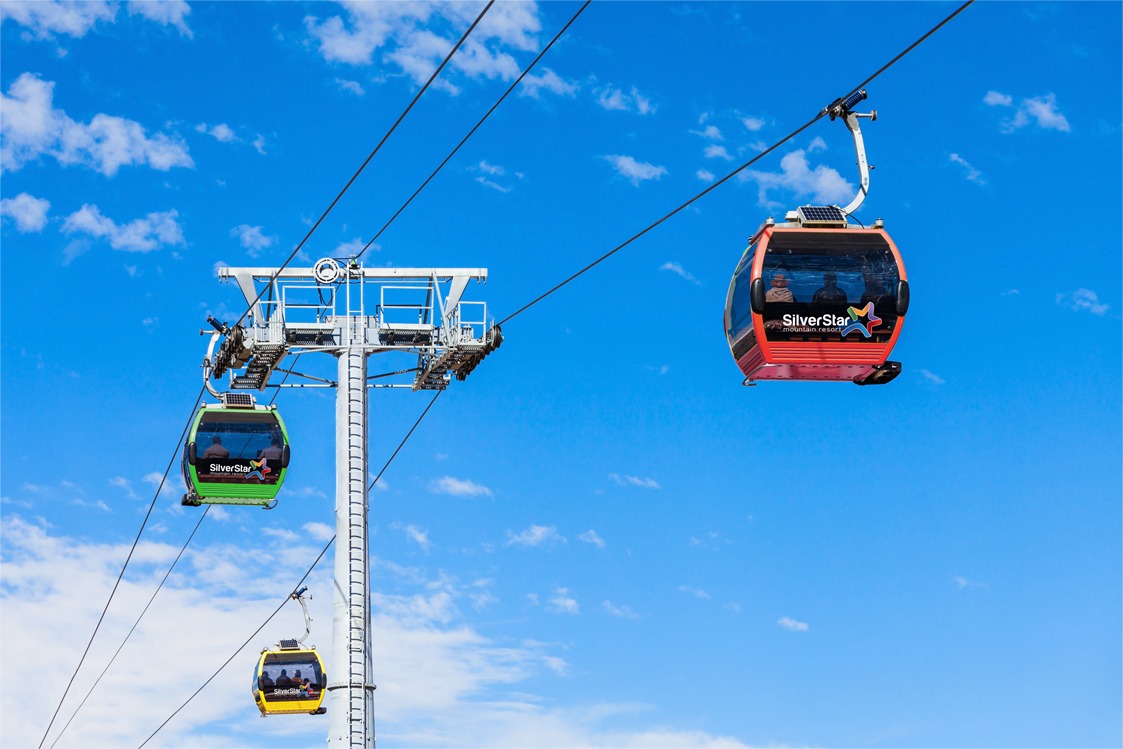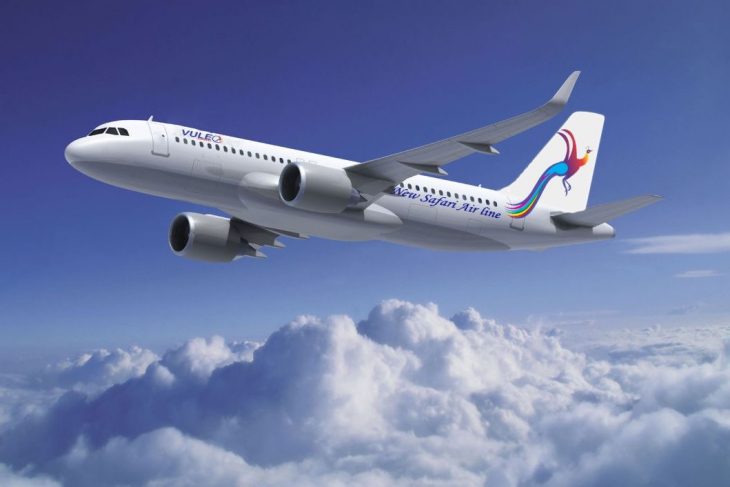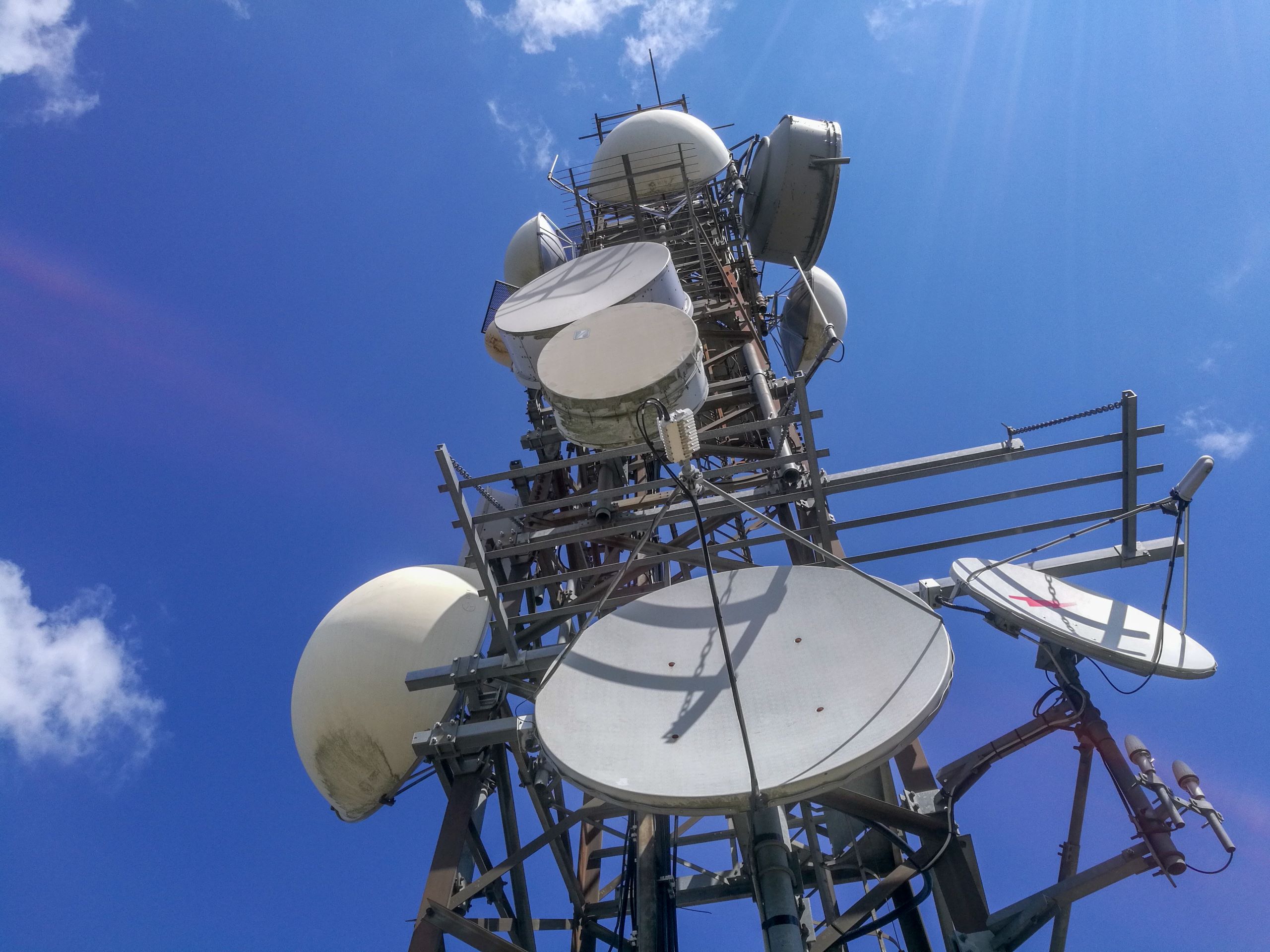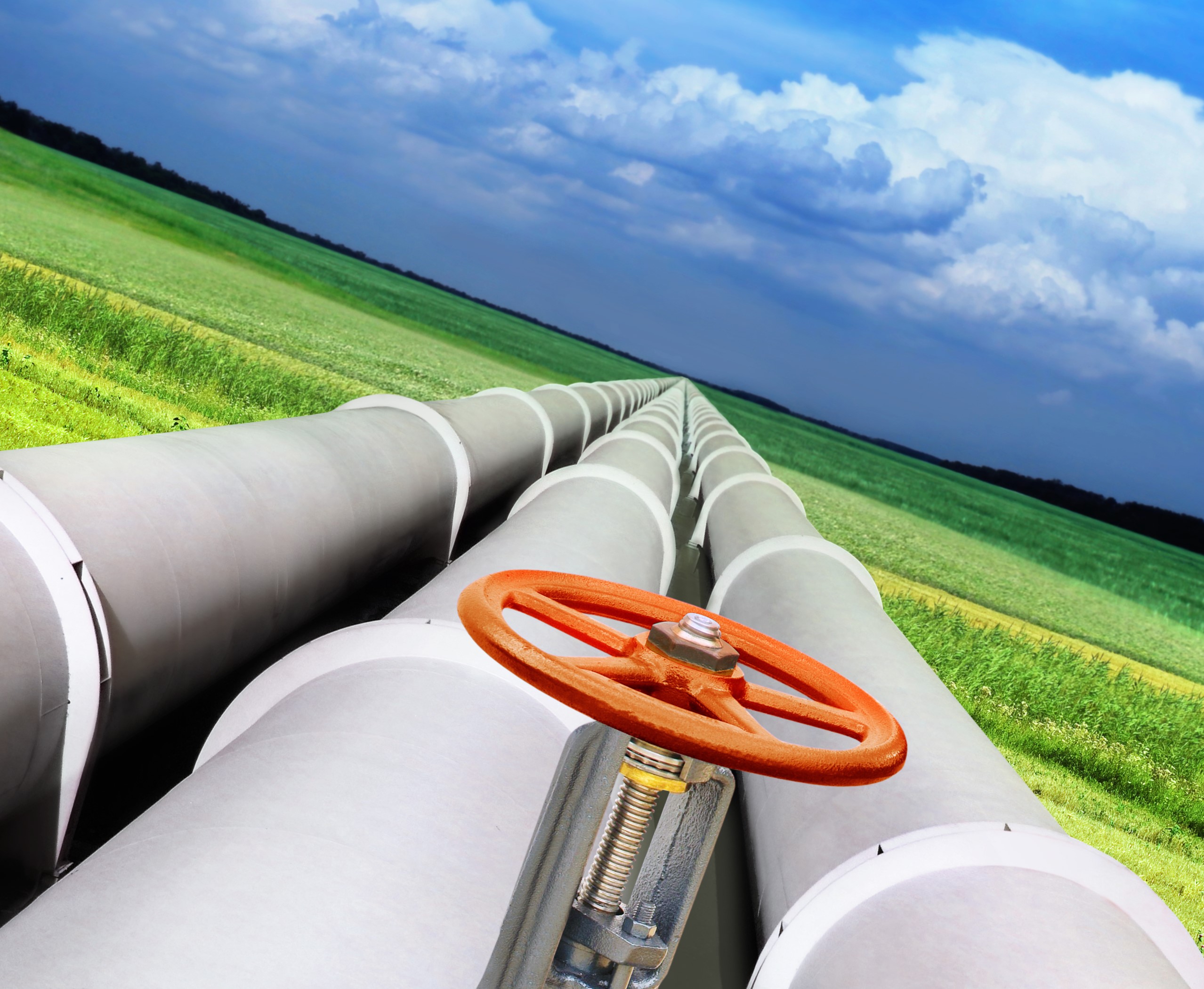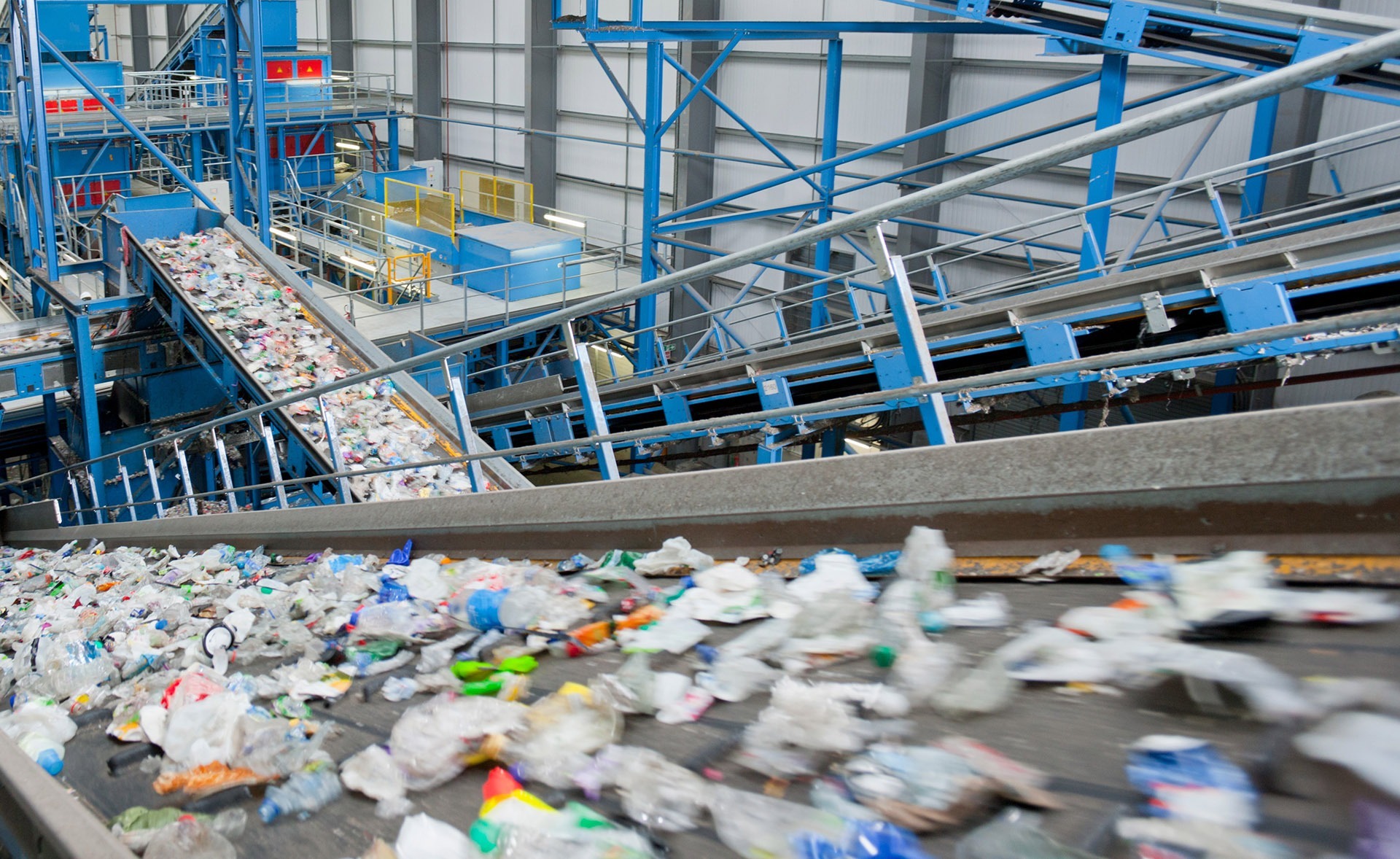In a move to decongest the roads and beat the habitually excruciating traffic jams in Nairobi, the Kenyan government has signed a contract with an Austrian company to construct infrastructure for cable cars.
The works to be undertaken by Doppelmayr Group starting in May this year, is worth Ksh5.8 billion ($57.2 million).
The Likoni Cable Car project construction is expected to take two years under the management of Kenya Ferry Services (KFS) and their lessee, Trapos Limited. The infrastructure development work will be completed by 2020, by which time the cars will start operating.
Kenyan media quoted Bakari Gowa, the KFS managing director as saying that the agency is in the process of finalizing acquiring land on which to erect a mast to support the cable cars.
“The issues we are handling now are minor ones because the land has been identified. Another issue is the appointment of directors who will represent the KFS to the Likoni Cable Cars Ltd,” Gowa said.
In December last year, Trapos Limited and KFS signed the concession agreement of the multi-billion shilling project. According to the agreement, the Likoni Cable Cars Express Ltd will manage the project for 25 years and there after KFS or any eligible company will upgrade, maintain and ensure delivery to the users.
As a way of decongesting Nairobi city, Gowa says, the express link will have 22 cable cars which will carry 38 passengers per cabin. It will carry 11,000 commuters per hour in both directions which will be a total of 180,000 people a day. Travelers will cross the 500m channel in about three minutes and will pay between Ksh20 ($0.20) and Ksh100 ($0.98) depending on the mode and type of operation.
The project is expected to decongest Likoni Channel, which is used by 330,000 people and more than 6,000 vehicles daily. The Likoni and Mtongwe channels are currently the only links to the South Coast by road.
Sarah McGregor and David Malingha Doya in an article published by Bloomberg said that Nairobi alone uses up to $570,000 a day in an attempt to solve the traffic jam challenges.
In 1644, Adam Wybea a Dutch engineer invented the idea of building the world’s first modern cable car when he was tasked to figure out how to move large amounts of soil over the Motława River in Gdańsk, Poland, to construct defensive fortifications.
Cable cars are a type of cable transportation used for above ground transit where rail cars are hauled by a moving cable. The cable itself is powered by a stationary motor or engine situated in a cable house or power house. The speed at which it moves is relatively constant depending on the number of units gripping the cable at any given time.




